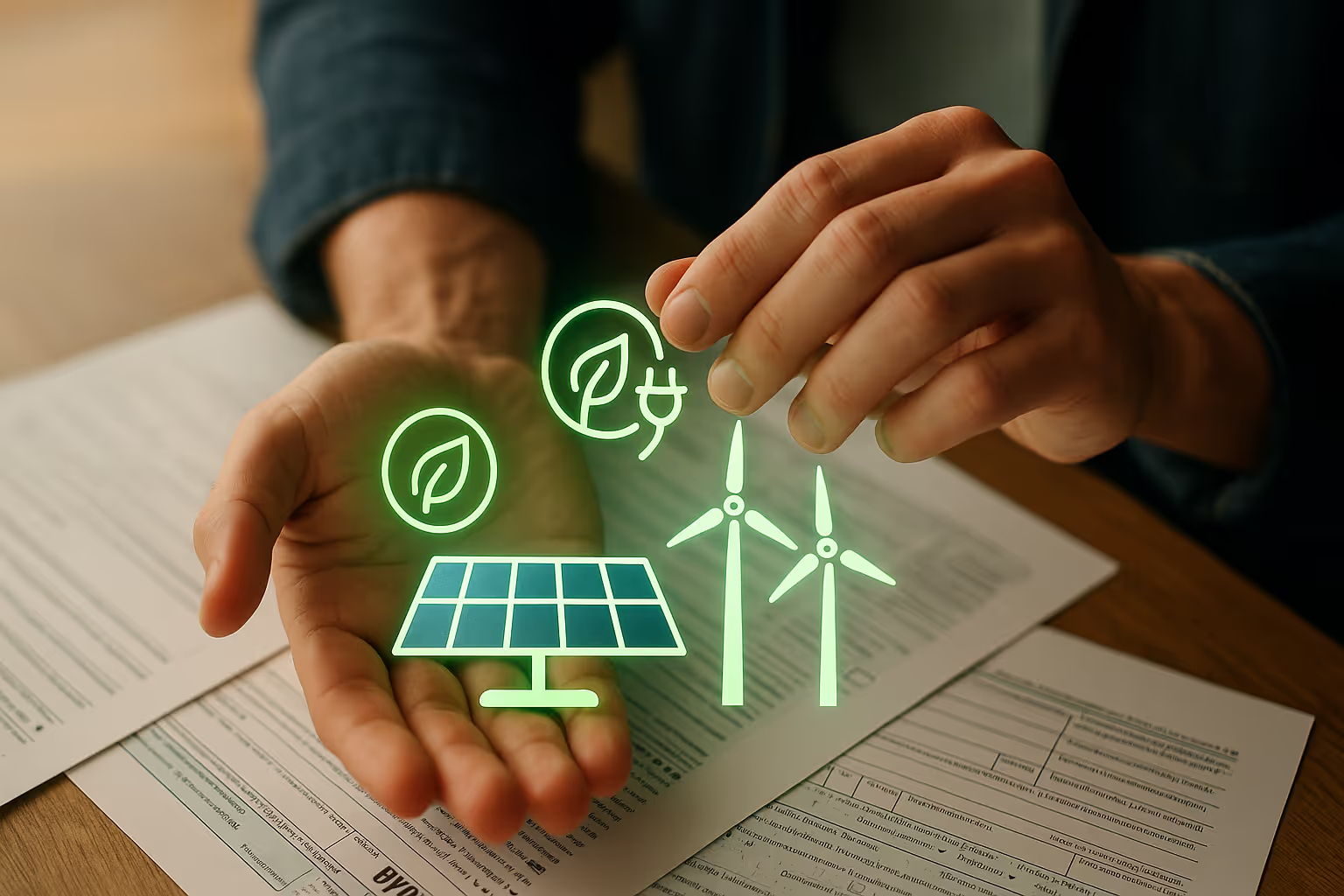NEWS



The IRS deadline for registering clean energy tax credits has been pushed back, giving filers more time to complete paperwork. The extension applies to those preparing an exempt organization return and entities filing an organization’s tax return tied to energy projects. It covers nonprofits, governmental entities, and other tax-exempt organizations working on efforts to cut greenhouse gas emissions and reduce air pollutants.
The agency urges groups to file electronically through its Energy Credits Online system. The secure site, marked with a padlock icon, provides registration numbers needed to claim a tax credit. Choosing e-filing lowers administrative expenses, reduces delays, and helps taxpayers keep records in order.
Taxpayers still using the paper format must follow these rules: provide a correct mailing address, include a valid return code, and attach the necessary supporting information. Errors increase processing time and could affect an organization’s tax return.
If the due date cannot be met, filers may file Form 8868. This request grants an extension of time. It applies to both calendar and fiscal year filers and those with unique accounting periods. Only one return code is allowed per tax year.
Governmental entities automatically get six extra months once they register for 2023. Starting with 2024 filings, they must rely on Form 8868 for an extension. Missing the original due date can result in unpaid taxes, penalties, interest, and other costs until the total amount is paid.
The IRS notes that the next business day applies when a due date falls on a holiday or weekend. If missed, the following order of enforcement applies quickly.
Credits come from the Reduction and Inflation Reduction Acts, which reshaped tax laws. They allow more groups to use the elective payment election, which lets filers request direct pay from the United States Treasury rather than just offset taxes owed.
Covered projects include wind, solar, and storage systems. The goal is to expand clean energy, encourage investment in renewable energy, and cut air pollutants. Depending on eligibility, these programs may qualify as refundable credits or nonrefundable credits.
The IRS said, "We remain committed to helping taxpayers and organizations claim clean energy benefits with confidence." The Department of the Treasury added that the system is meant to cut confusion and help groups plan future projects.
Payments can be made through electronic funds withdrawal, direct debit, or money order. Each trust-required filing, or group return, follows the same rules. Filers should keep their balance in line with their federal income tax obligations and pay taxes on time.
The extension provides more filing time, but the IRS urges filers not to wait. Early action avoids mistakes and supports compliance with public law. Using the agency’s free service tools and working with a tax professional helps reduce risks.
Before filing, taxpayers should check their calculations to ensure their tentative tax is reduced as expected. They can request an extension to correct the figures if adjustments are needed. Missing a payment could leave unpaid taxes and lead to penalties.
Those who file electronically keep better records, avoid paper delays, and save on administrative expenses. Planning—checking accounting periods, watching the filing date, and confirming the return code—ensures access to every tax incentive.
By William Mc Lee, Editor-in-Chief & Tax Expert—Get Tax Relief Now